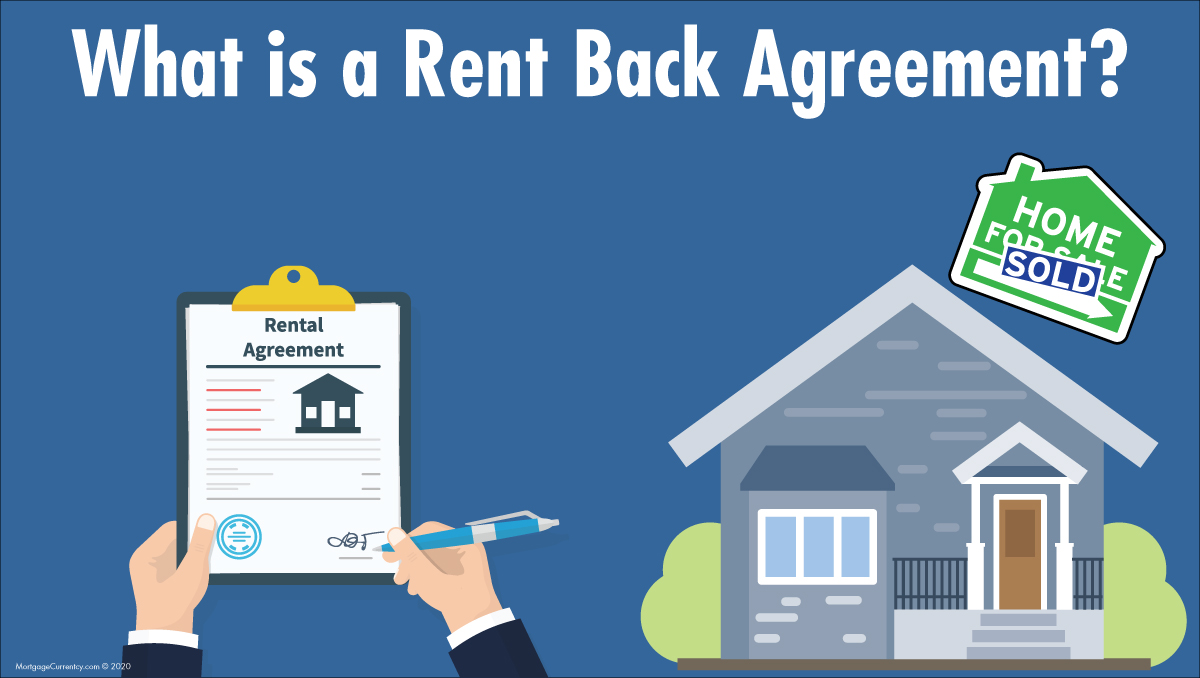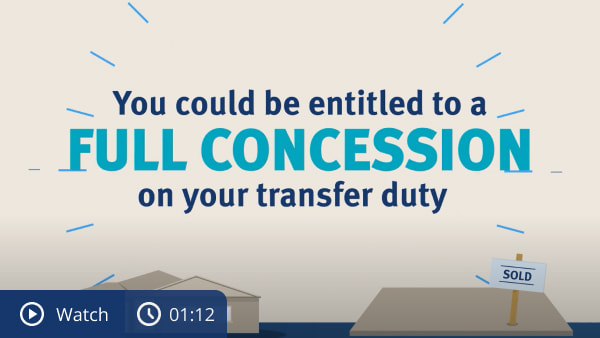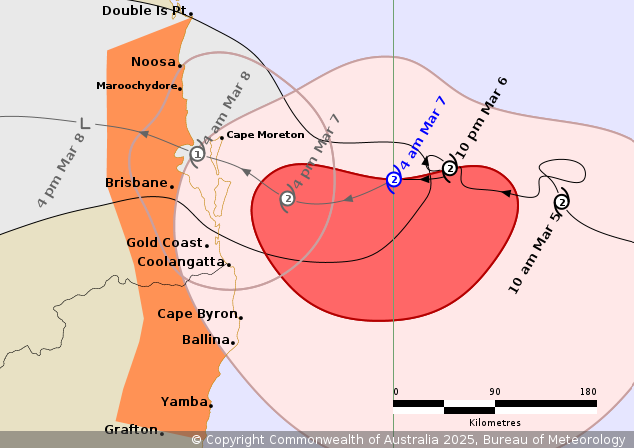
Sellers Renting Back – Contracts & Stamp Duty
In the realm of residential property transactions, sellers renting back is a concept that has gained traction in recent years. This practice allows sellers to remain in the property they have sold by leasing it back from the buyer for a specified period. It offers flexibility to both parties involved, as it gives the seller more time to find a new home and the buyer the opportunity to generate income from the property. In this article, we will delve into the details of sellers renting back in QLD residential contracts, explore the stamp duty implications, and provide insight into the wording for a special condition.
What is Sellers Renting Back in QLD Residential Contracts?
Sellers renting back in QLD residential contracts refers to a situation where the seller of a residential property continues to occupy the property as a tenant after the sale has been completed. This arrangement is typically agreed upon during the negotiation and drafting of the contract of sale. The terms and conditions, including the duration of the rental period and the rental amount, are outlined in the contract to ensure clarity and legal compliance.
Stamp Duty Implications for Sellers Renting Back
When it comes to sellers renting back in QLD residential contracts, it’s crucial to consider the stamp duty implications. Stamp duty is a state government tax levied on certain transactions, including property transfers. In the context of sellers renting back, stamp duty may be applicable based on the specific circumstances. It is essential to consult with a qualified professional, such as a conveyancer or solicitor, to determine the stamp duty obligations in your particular situation.
Wording for a Special Condition
Including a special condition in the contract is essential to outline the terms and conditions of the sellers renting back arrangement. The wording of this condition should be clear and unambiguous to avoid any potential misunderstandings or disputes. Here is an example of a special condition that can be used:
“The seller will have the option to rent back the property from the buyer for a period of [insert duration] following settlement. The rental amount will be [insert agreed amount] per week and will be subject to regular rental market reviews.”
Remember, it is crucial to tailor the special condition to the specific details of your transaction. Before using the above condition ensure you seek professional advice when drafting the special condition, this can help ensure that it complies with all relevant laws and regulations.
FAQs
1. Can sellers rent back any residential property in QLD?
Yes, sellers have the option to propose sellers renting back in QLD residential contracts for any residential property they are selling. However, it is important to note that the buyer has the right to accept or reject this proposal. Negotiations regarding the rental period, rental amount, and other terms should be agreed upon by both parties.
2. Are there any legal restrictions on sellers renting back in QLD?
No specific legal restrictions prohibit sellers renting back in QLD residential contracts. However, it is advisable to consult with legal professionals to ensure compliance with all relevant laws and regulations. This will help protect the interests of both the seller and the buyer.
3. How does sellers renting back affect stamp duty?
Sellers renting back may have stamp duty implications depending on the specific circumstances. It is essential to consult with professionals, such as conveyancers or solicitors, to determine the applicable stamp duty obligations in your situation. Depending on the length and agreement the buyers transfer duty could be calculated as an investment property even though the buyer intends to move in and use the property as a Principal Place of Residence.
4. Can the rental amount be increased during the rental period?
The rental amount can be subject to periodic reviews based on the rental market conditions. Including a clause in the special condition that allows for rental market reviews will ensure that the rental amount remains fair and reasonable.
5. What happens if the seller wants to end the rental period earlier?
The contract should outline the process for terminating the rental period prematurely. This may include provisions for notice periods, potential penalties, and the return of any bond or security deposit. Consulting with legal professionals will help ensure that the contract addresses such scenarios effectively.
6. What are the benefits of sellers renting back?
Sellers renting back offers benefits for both sellers and buyers. Sellers gain additional time to find a new home without having to move twice, while buyers can generate rental income during the rental period. It can be a win-win situation when negotiated and structured properly.
Sellers renting back in QLD residential contracts is an arrangement that provides flexibility for both sellers and buyers in property transactions. It is crucial to understand the stamp duty implications and include a well-worded special condition in the contract to ensure a smooth and legally compliant arrangement. By seeking professional advice and drafting clear agreements, both parties can navigate the process with confidence.
This is general advice only, for specific legal advice speak with your legal representative.





